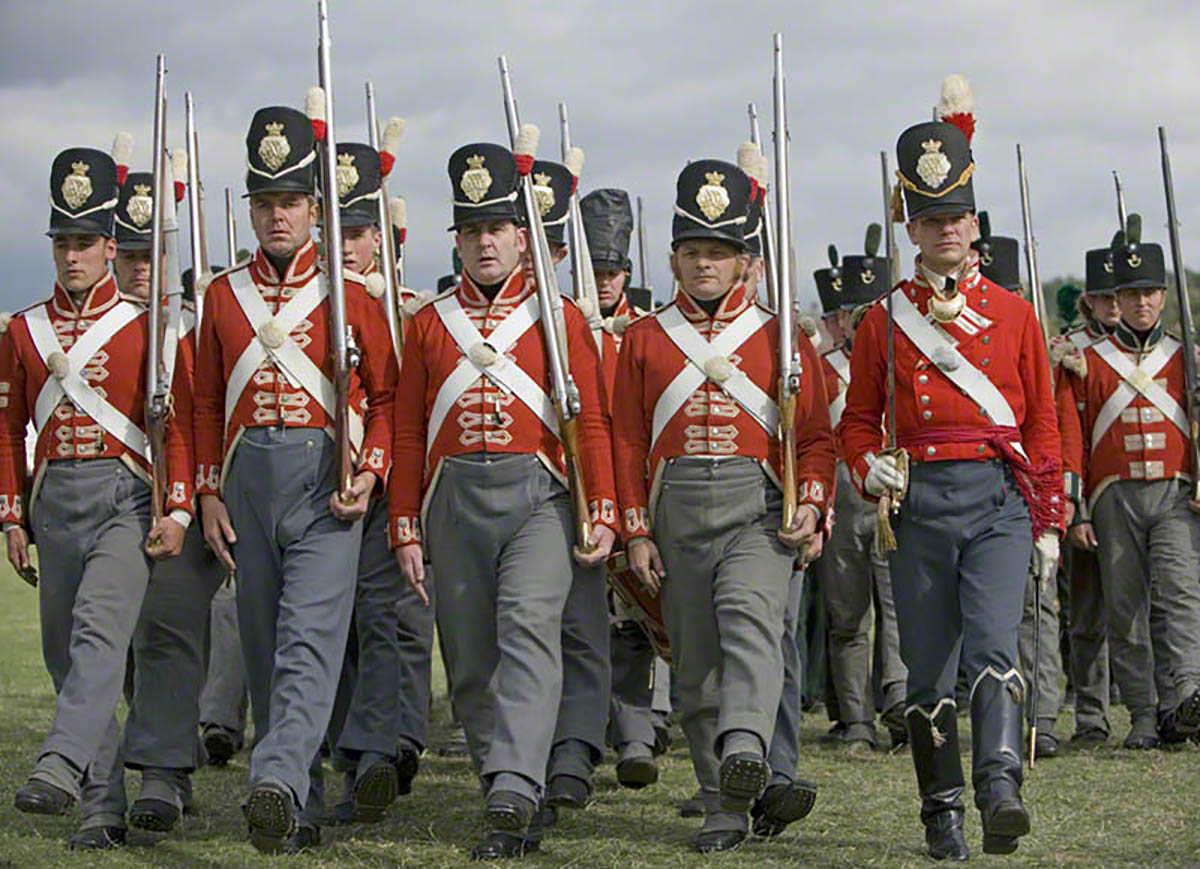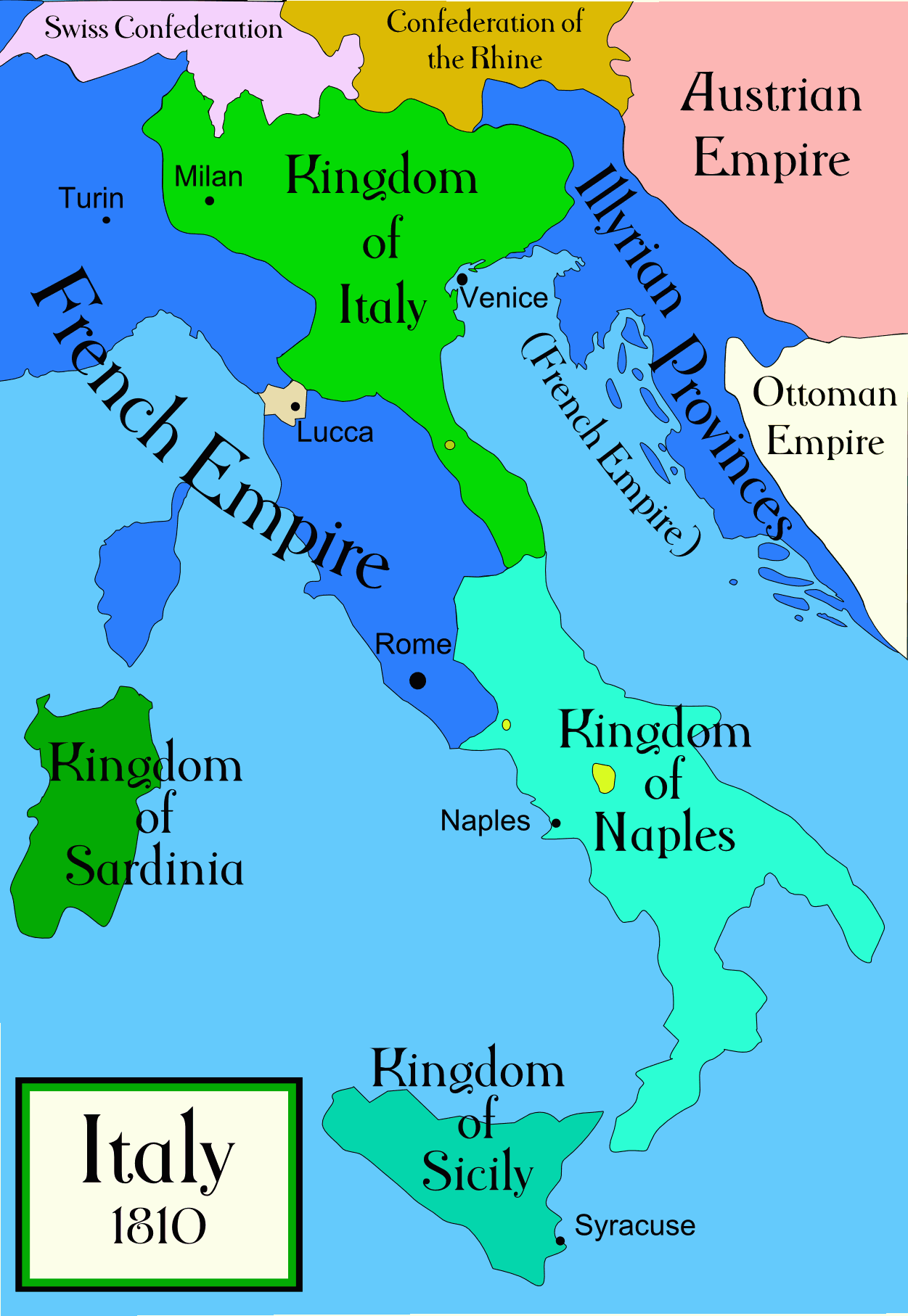|
Siege Of Burgos
At the siege of Burgos, from 19 September to 21 October 1812, the Anglo-Portuguese Army led by General Arthur Wellesley, Marquess of Wellington tried to capture the castle of Burgos from its French garrison under the command of General of Brigade Jean-Louis Dubreton. The French repulsed every attempt to seize the fortress, resulting in Wellington's withdrawal. The siege took place during the Peninsular War, part of the Napoleonic Wars. Burgos is located about north of Madrid. After having soundly defeated Marshal Auguste Marmont's French army at the Battle of Salamanca in July 1812, Wellington exploited his great victory by advancing on Madrid. King Joseph Bonaparte and Marshal Jean-Baptiste Jourdan retreated to Valencia where they sought refuge with Marshal Louis Gabriel Suchet. The magnitude of Wellington's triumph also compelled Marshal Nicolas Soult to evacuate Andalucia in the south and withdraw to Valencia. The combined armies of Soult and Joseph soon pos ... [...More Info...] [...Related Items...] OR: [Wikipedia] [Google] [Baidu] |
Peninsular War
The Peninsular War (1808–1814) was fought in the Iberian Peninsula by Kingdom of Portugal, Portugal, Spain and the United Kingdom of Great Britain and Ireland, United Kingdom against the invading and occupying forces of the First French Empire during the Napoleonic Wars. In Spain, it is considered to overlap with the Spanish War of Independence. The war can be said to have started when the First French Empire, French and History of Spain (1808–1874), Spanish armies Invasion of Portugal (1807), invaded and occupied Portugal in 1807 by transiting through Kingdom of Spain (1810-1873), Spain, but it escalated in 1808 after First French Empire, Napoleonic France occupied History of Spain (1808–1874), Spain, which had been its ally. Napoleon Bonaparte Abdications of Bayonne, forced the abdications of Ferdinand VII of Spain, Ferdinand VII and his father Charles IV of Spain, Charles IV and then installed his brother Joseph Bonaparte on the Spanish throne and promulgated the ... [...More Info...] [...Related Items...] OR: [Wikipedia] [Google] [Baidu] |
Battle Of Salamanca
The Battle of Salamanca (in French and Spanish known as the Battle of the Arapiles) took place on 22July 1812. An Anglo-Portuguese Army, Anglo-Portuguese army under the Arthur Wellesley, 1st Duke of Wellington, Earl of Wellington (future Duke of Wellington) defeated Marshal Auguste Marmont's French forces at Arapiles, Salamanca, Arapiles, south of Salamanca, Spain, during the Peninsular War. A Spanish Army, Spanish division was also present but took no part in the battle. The battle involved a succession of Flanking maneuver, flanking manoeuvres in oblique order, initiated by the British heavy cavalry brigade and Edward Pakenham, Pakenham's 3rd Division and continued by the cavalry and the 4th, 5th and 6th divisions. These attacks resulted in a rout of the French left wing. Marmont and his deputy commander, General Bonet, received shrapnel wounds in the first few minutes of firing. Confusion amongst the French command may have been decisive in creating an opportunity, whic ... [...More Info...] [...Related Items...] OR: [Wikipedia] [Google] [Baidu] |
Louis Gabriel Suchet
Louis-Gabriel Suchet, duc d' Albuféra (; 2 March 1770 – 3 January 1826), was a French Marshal of the Empire and one of the most successful commanders of the French Revolutionary and Napoleonic Wars. He is regarded as one of the greatest generals of the Napoleonic Wars. Early life Suchet was born on 2 March 1770 in Lyon, the son of Jean-Pierre Suchet and Anne-Marie Jacquier. His mother died four years later. His father was a silk merchant, and Suchet originally intended to follow a business career. He received a solid education and joined his father's business in 1787, working as an apprentice for two years. Upon Jean-Pierre's death in January 1789, Suchet and his brother Gabriel-Catherine took over the family enterprise, which they decided to expand under the name ''Maison Suchet frères''. However, the French Revolution led Suchet to volunteer, in 1791, for the cavalry of the National Guard at Lyon. He displayed abilities which secured rapid military promotions, and ... [...More Info...] [...Related Items...] OR: [Wikipedia] [Google] [Baidu] |
Valencia, Spain
Valencia ( , ), formally València (), is the capital of the Province of Valencia, province and Autonomous communities of Spain, autonomous community of Valencian Community, the same name in Spain. It is located on the banks of the Turia (river), Turia, on the east coast of the Iberian Peninsula on the Mediterranean Sea. It is the Ranked lists of Spanish municipalities, third-most populated municipality in the country, with 825,948 inhabitants. The urban area of Valencia has 1.5 million people while the metropolitan region has 2.5 million. Valencia was founded as a Roman Republic, Roman colony in 138 BC as '. As an autonomous city in late antiquity, its militarization followed the onset of the threat posed by the Spania, Byzantine presence to the South, together with effective integration to the Visigothic Kingdom of Toledo in the late 6th century. Al-Andalus, Islamic rule and acculturation ensued in the 8th century, together with the introduction of new irrigation syst ... [...More Info...] [...Related Items...] OR: [Wikipedia] [Google] [Baidu] |
Jean-Baptiste Jourdan
Jean-Baptiste Jourdan, 1st Count Jourdan (; 29 April 1762 – 23 November 1833), was a French military commander who served during the French Revolutionary Wars and the Napoleonic Wars. He was made a Marshal of the Empire by Emperor Napoleon I in 1804. He was also a Jacobin politician during the Directory phase of the French Revolution, serving as member of the Council of Five Hundred between 1797 and 1799. One of the most successful commanders of the French Revolutionary Army, Jourdan is best remembered in the Revolution for leading the French to a decisive victory over the First Coalition at the Battle of Fleurus, during the Flanders campaign. Under the Empire he was rewarded by Napoleon with the title of Marshal and continued to hold military assignments, but suffered a major defeat at the Battle of Vitoria, which resulted in the Empire's permanent loss of Spain. In 1815 he became reconciled with the Bourbon Restoration, and later supported the July Revolution and served ... [...More Info...] [...Related Items...] OR: [Wikipedia] [Google] [Baidu] |
Joseph Bonaparte
Joseph Bonaparte (born Giuseppe di Buonaparte, ; ; ; 7 January 176828 July 1844) was a French statesman, lawyer, diplomat and older brother of Napoleon Bonaparte. During the Napoleonic Wars, the latter made him King of Naples (1806–1808), and then King of Spain and the Indies (1808–1813). After the fall of Napoleon, Joseph styled himself ''Comte de Survilliers'' and emigrated to the United States, where he settled near Bordentown, New Jersey, on Pointe Breeze estate overlooking the Delaware River not far from Philadelphia. Early life and career Joseph was born in 1768 as Giuseppe Buonaparte to Carlo Buonaparte and Maria Letizia Ramolino at Corte, the capital of the Corsican Republic. In the year of his birth, Corsica was invaded by France and conquered the following year. His father was originally a follower of the Corsican patriot leader Pasquale Paoli, but later became a supporter of French rule. Bonaparte trained as a lawyer. In that role and as a politician and ... [...More Info...] [...Related Items...] OR: [Wikipedia] [Google] [Baidu] |
Auguste Marmont
Auguste Frédéric Louis Viesse de Marmont, duc de Raguse (; 20 July 1774 – 22 March 1852) was a French general and nobleman who rose to the rank of Marshal of the Empire and was awarded the title (). In the Peninsular War Marmont succeeded the disgraced André Masséna in the command of the French army in northern Spain, but lost decisively at the Battle of Salamanca as France ultimately lost the war in Spain. At the close of the War of the Sixth Coalition, Marmont went over to the Restoration and remained loyal to the Bourbons through the Hundred Days. This gave Marmont a reputation as a traitor among the remaining Bonapartists, and in French society more broadly. He led the royalist Paris garrison during the July Revolution in 1830, but his efforts proved incapable of quelling the revolution, leading King Charles X to accuse Marmont of betraying the Bourbons as he had betrayed the Bonapartes. Marmont departed France with Charles's entourage and never returned to France. Sp ... [...More Info...] [...Related Items...] OR: [Wikipedia] [Google] [Baidu] |
Marshal Of France
Marshal of France (, plural ') is a French military distinction, rather than a military rank, that is awarded to General officer, generals for exceptional achievements. The title has been awarded since 1185, though briefly abolished (1793–1804) and for a period dormant (1870–1916). It was one of the Great Officers of the Crown of France during the and Bourbon Restoration in France, Bourbon Restoration, and one of the Grand Dignitaries of the French Empire, Grand Dignitaries of the Empire during the First French Empire (when the title was Marshal of the Empire, not Marshal of France). A Marshal of France displays seven stars on each shoulder strap. A marshal also receives a Baton (military), baton – a blue cylinder with stars, formerly fleur-de-lis, fleurs-de-lis during the monarchy and French Imperial Eagle, eagles during the First French Empire. The baton bears the Latin inscription of ', which means "terror in war, ornament in peace". Between the end of the 16th century a ... [...More Info...] [...Related Items...] OR: [Wikipedia] [Google] [Baidu] |
Madrid
Madrid ( ; ) is the capital and List of largest cities in Spain, most populous municipality of Spain. It has almost 3.5 million inhabitants and a Madrid metropolitan area, metropolitan area population of approximately 7 million. It is the Largest cities of the European Union by population within city limits, second-largest city in the European Union (EU), and its wikt:monocentric, monocentric Madrid metropolitan area, metropolitan area is the List of metropolitan areas in Europe by population, second-largest in the EU.United Nations Department of Economic and Social AffairWorld Urbanization Prospects (2007 revision), (United Nations, 2008), Table A.12. Data for 2007. The municipality covers geographical area. Madrid lies on the Manzanares (river), River Manzanares in the central part of the Iberian Peninsula at about above mean sea level. The capital city of both Spain and the surrounding Community of Madrid, autonomous community of Madrid (since 1983), it is also th ... [...More Info...] [...Related Items...] OR: [Wikipedia] [Google] [Baidu] |
Napoleonic Wars
{{Infobox military conflict , conflict = Napoleonic Wars , partof = the French Revolutionary and Napoleonic Wars , image = Napoleonic Wars (revision).jpg , caption = Left to right, top to bottom:Battles of Battle of Austerlitz, Austerlitz, Fall of Berlin (1806), Berlin, Battle of Friedland, Friedland, Battle of Aspern-Essling, Aspern-Essling, French occupation of Moscow, Moscow, Battle of Leipzig, Leipzig and Battle of Paris (1814), Paris , date = {{start and end dates, 1803, 5, 18, 1815, 11, 20, df=yes({{Age in years, months, weeks and days, month1=05, day1=18, year1=1803, month2=11, day2=20, year2=1815) , place = Atlantic Ocean, Caucasus, Europe, French Guiana, Mediterranean Sea, North Sea, West Indies, Ottoman Egypt, Egypt, East Indies. , result = Coalition victory , combatant1 = Coalition forces of the Napoleonic Wars, Coalition forces:{{flagcountry, United Kingdom of Great Britain and ... [...More Info...] [...Related Items...] OR: [Wikipedia] [Google] [Baidu] |
Anglo-Portuguese Army
The Anglo-Portuguese Army was the combined British and Portuguese army that participated in the Peninsular War, under the command of Arthur Wellesley. The Army is also referred to as the British-Portuguese Army and, in Portuguese, as the ''Exército Anglo-Luso'' or the ''Exército Anglo-Português''. The Anglo-Portuguese Army was established with the British Army deployed to the Iberian Peninsula under the command of General Arthur Wellesley, and the Portuguese Army rebuilt under the leadership of British General William Beresford and the Portuguese War Secretary Miguel Pereira Forjaz. The new Portuguese battalions were supplied with British equipment, trained to British standards and thoroughly re-organised. Incompetent or corrupt officers were cashiered and appropriate replacements were appointed or promoted from amongst promising Non-commissioned officers. On 22 April 1809, Wellesley became Commander-in-Chief of the British Army in the Peninsula, replacing General ... [...More Info...] [...Related Items...] OR: [Wikipedia] [Google] [Baidu] |




